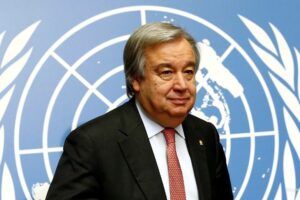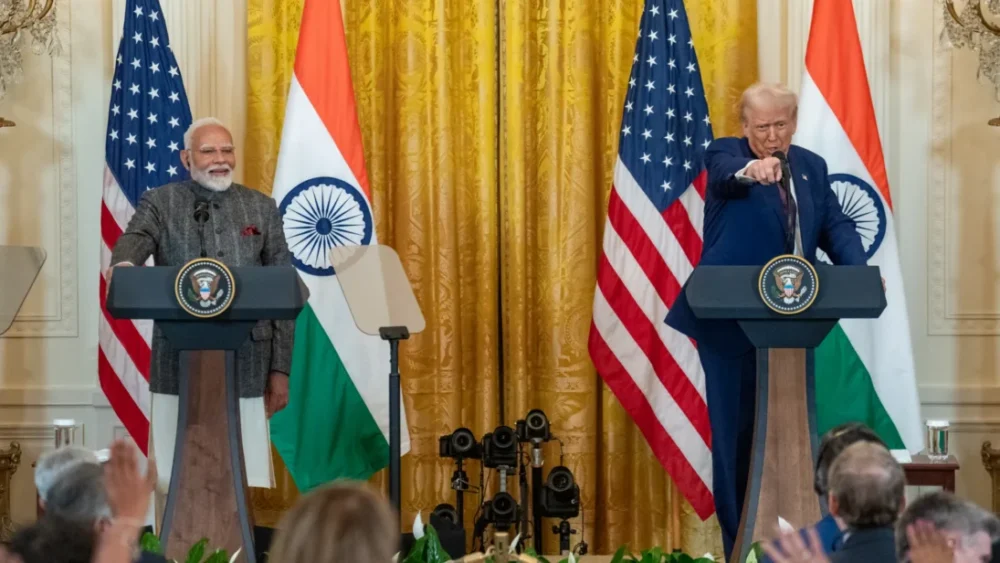Jakarta: India has taken a historic step aimed at reducing reliance on the US dollar in international trade. The government has issued an official circular allowing BRICS countries—and select other nations—to conduct trade fully in Indian rupees. Analysts believe this move could accelerate a shift away from the dollar as the world’s dominant currency.
The Reserve Bank of India (RBI) announced on Tuesday that banks can now open Vostro accounts for foreign companies without requiring prior approvals. Vostro accounts are special accounts maintained by Indian banks for foreign banks, enabling them to hold and settle funds in Indian rupees. Under this framework, exporters and importers from other countries can directly use rupees for trade, bypassing the need to convert their local currencies into US dollars.
The initiative follows recent trade tensions, including the imposition of a 50% tariff on Indian goods by the United States. The Modi government views the move as a strategic step to strengthen the rupee and support India’s exporters. The central bank emphasized that all foreign companies participating in the scheme must comply with Know Your Customer (KYC) requirements.
By easing access to Vostro accounts, India aims to attract more rupee inflows, improve the domestic exchange rate, and reduce costs associated with currency conversion. The RBI likened the arrangement to correspondent banking mechanisms widely used in international finance.
The policy is also part of a broader trend among BRICS nations to promote the use of local currencies in cross-border trade. Experts say that as countries increasingly settle transactions in their own currencies, the dominance of the US dollar in global markets may gradually decline, reshaping international trade dynamics.
With this initiative, India not only strengthens its position in global commerce but also signals its intent to play a larger role in shaping alternative international payment systems—potentially giving other nations more flexibility in managing trade amid geopolitical and tariff pressures.















